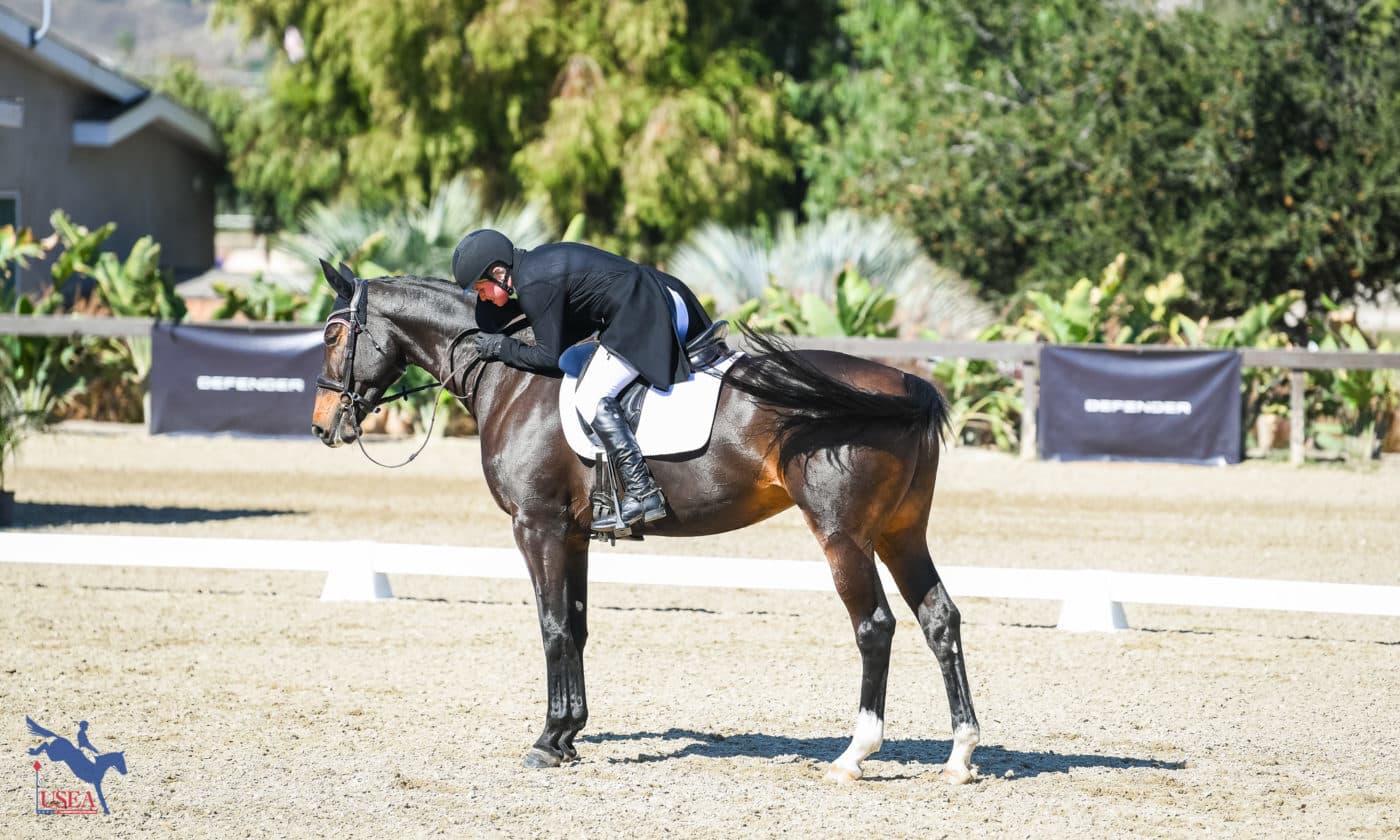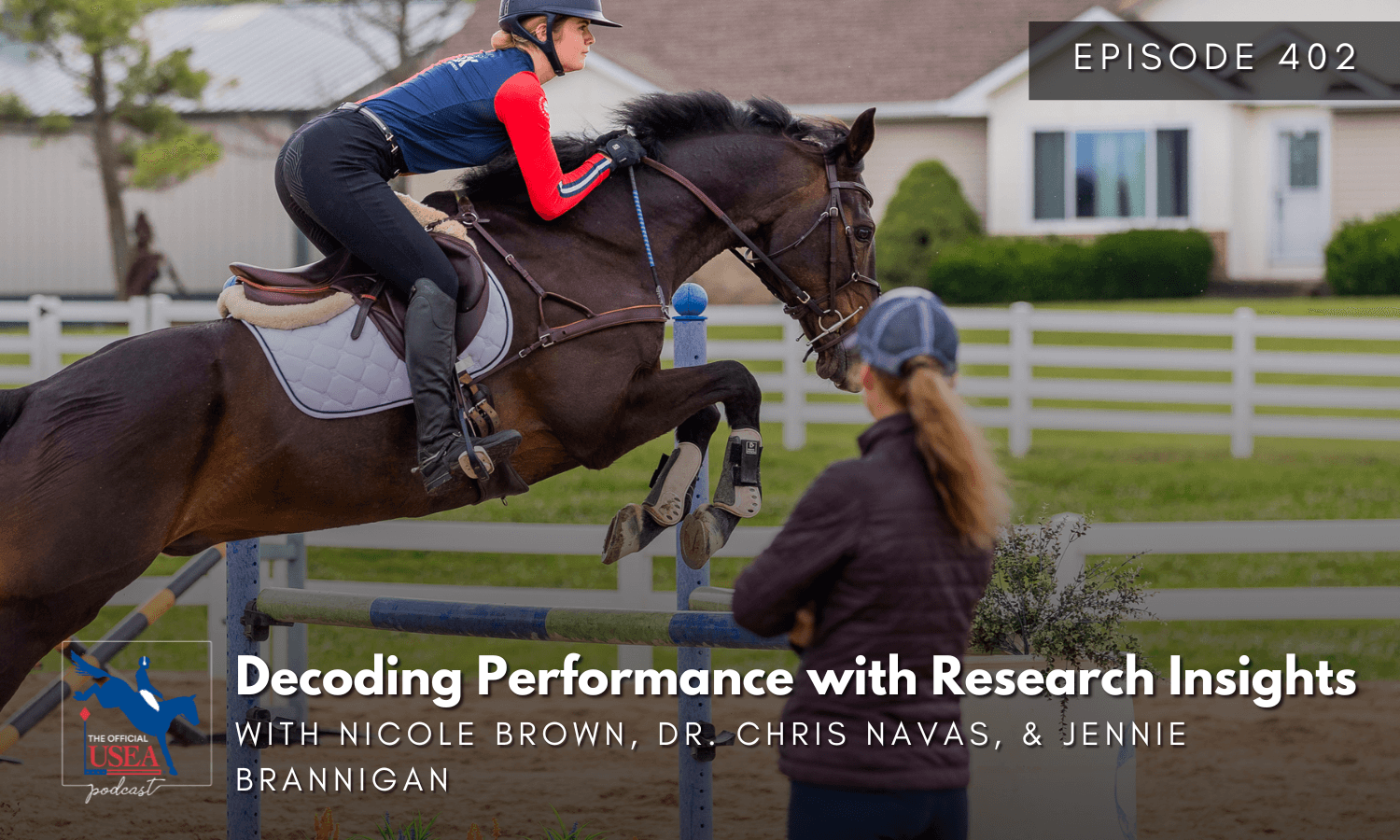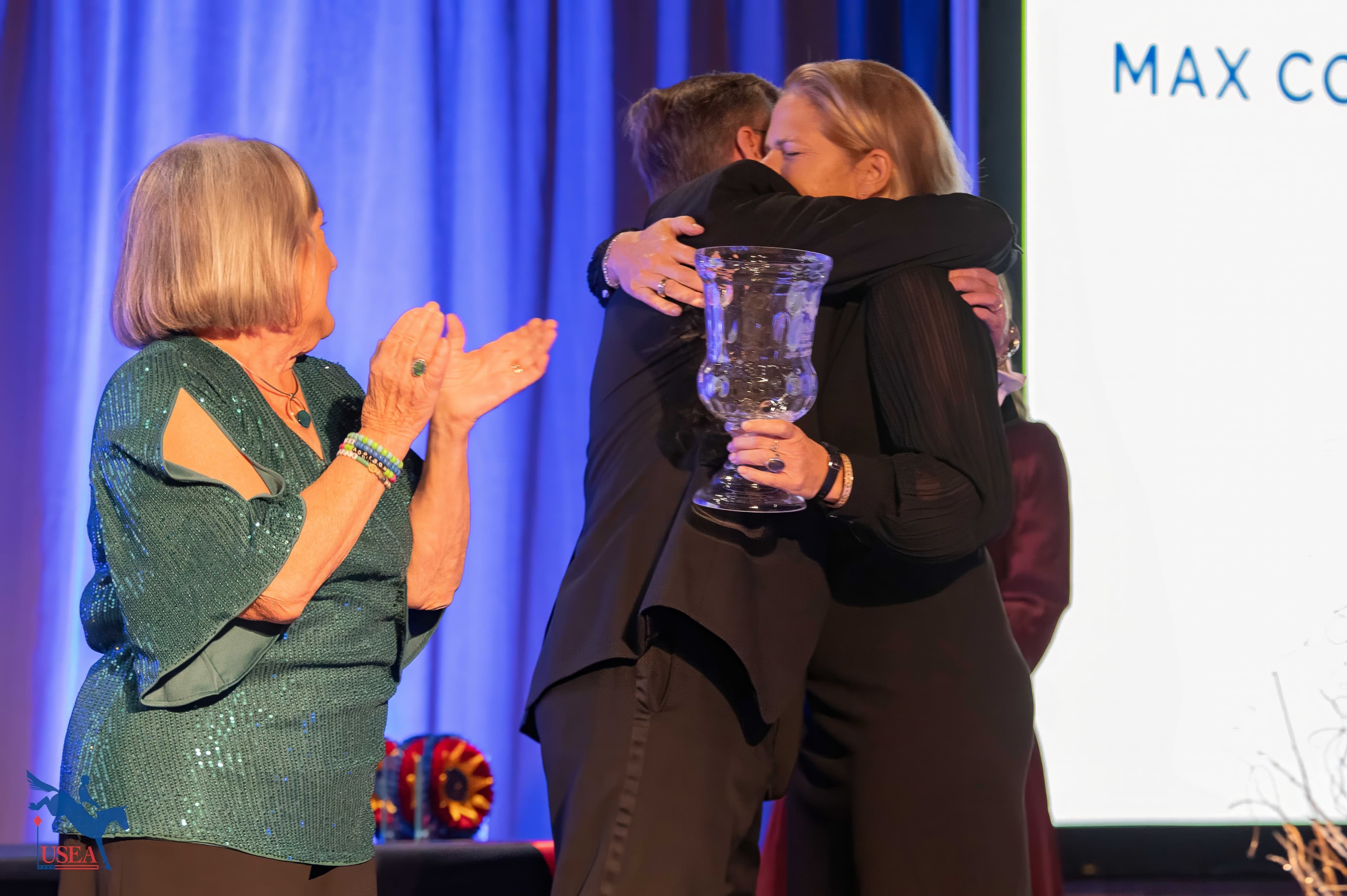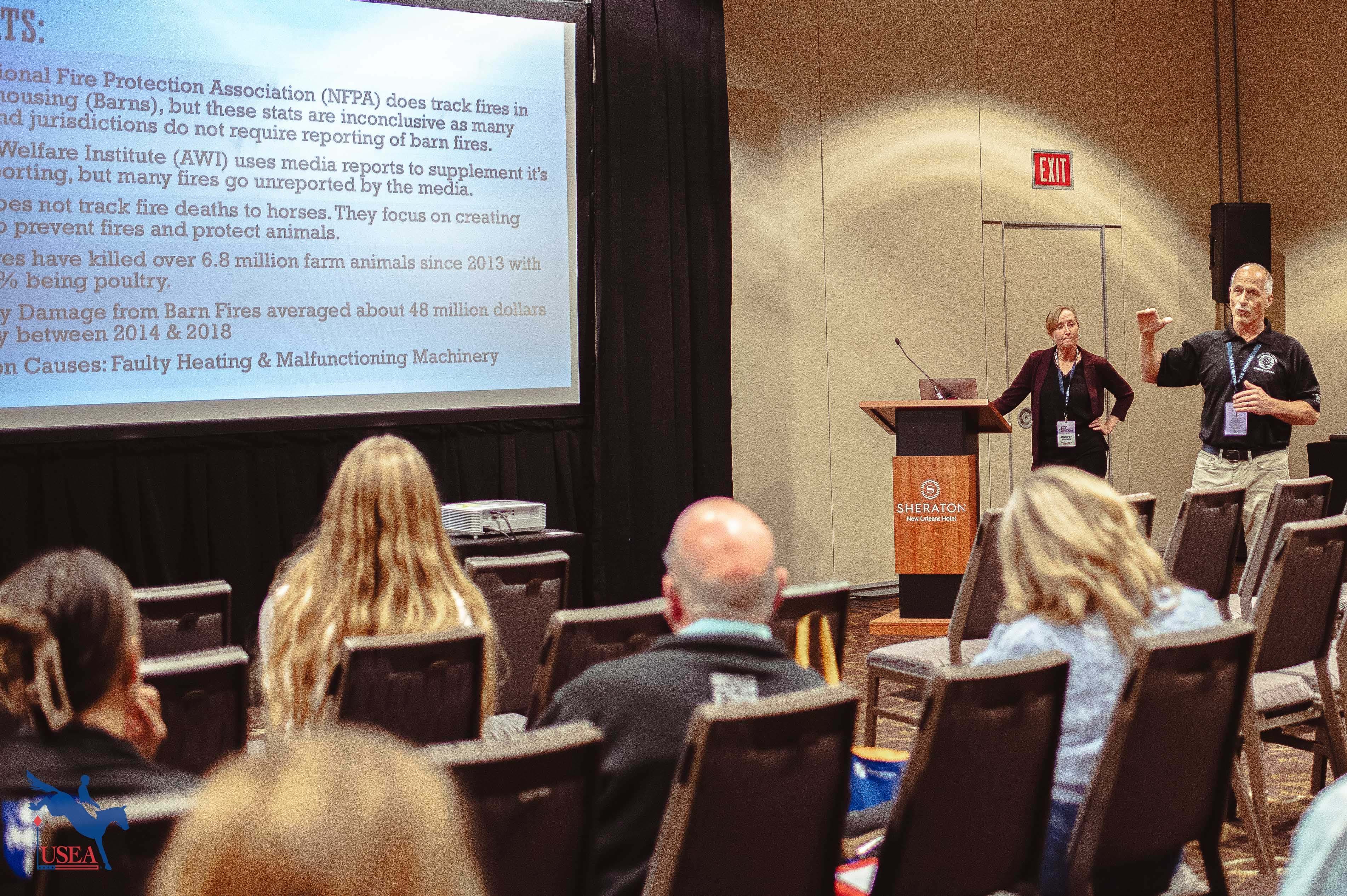Pressure Proof with Daniel Stewart: C'ing is Believing

We all do our best to respect ourselves and believe in our abilities, but sometimes it can be a bit harder than we might expect. As a matter of fact, it’s been proven that we respect and believe in others more than we respect and believe in ourselves! After all, you’ve probably never said to a friend after a disappointing ride, “You’re so stupid, what were you thinking”, but there’s a pretty good chance you’ve said something like that to yourself. It’s been said that if we treat others the same way we treat ourselves we’d never have any friends!!
Luckily there’s a little trick that can help us respect ourselves and believe in our abilities, and that’s the purpose of this months Pressure Proof tip. It’s called "C’ing is believing," and it builds upon the idea that the letter C is the most positive letter in the English language because it starts the greatest number of positive emotions. For example, you can say to yourself, “I’m nervous” or you can say, “I’m calm, cool, collected, confident, competent, centered, consistent, capable, considerate, competitive, centered, caring, controlled, courageous, careful, coordinated, creative, conscientious, concentrated, committed, and cheerful!”
If you’re counting that’s 21 positive C emotions, but don’t just believe me! Open a dictionary and be prepared to be shocked. In addition to these you’ll also see chocolate, cookies, cakes, candies, coffee, carrot, cup cakes, chocolate chip cookies, and more! Now turn the page to another letter like the letter L or M and see how many positive emotions you find there. Chances are really good you’ll find a few, but not nearly as many as those starting with the letter C.
So how can the letter C help you respect and believe in yourself? Well, start by writing two C emotions that describe you when you’re at your very best. Are you confident and courageous? Caring and calm? Cheerful and consistent? If so, write them down and the next time you begin to doubt yourself, start acting out those two emotions. The theory here probably sounds pretty familiar (it’s fake it till you make it) but what’s really happening is that whatever emotion you want created on the inside (like confidence and courage) you must first create on the outside. I like to call this, C’ing is believing (believe in you C’s) or the ABC’s of confidence (an acronym for Always Be Confident…insert your C’s here).
Other important C attributes include challenge, change, constructive criticism, and control. When we avoid challenges, change, and constructive criticism we limit how much we’re able to learn. Overcome challenges, embrace change and accept constructive criticism, however, and we don’t just go through life, we grow through life! The fourth C, control is perhaps the most important of all because without the perceptions of control it’s almost impossible for us to feel any of our confident, competent, calm, or capable C emotions. Let’s learn to control our emotions instead of letting our emotions control of us!
As an interesting side note, the letter D is considered one of the least positive letters in the English language because the DIS prefix turns so many positive things into negative. Satisfied becomes dissatisfied, encourage becomes discourage, qualify becomes disqualify and combobulated becomes discombobulated! The letter “I” is also considered a negative letter because IN prefix also turns positive to negative. Effective becomes ineffective, correct becomes incorrect, and flexible becomes inflexible. When it come to riding, let’s always remember to focus on our confident and courageous C’s instead of those disappointing, discouraging, depressing, and dejecting ones—or those incompetent, inconsistent, inferior, and insane ones!
This month let’s all learn to respect ourselves and believe in our abilities by remembering that C’ing really is believing, and that any lack of self-respect or belief is just caused by a little “C” deficiency!
I hope you enjoyed this month’s Pressure Proof tip and are looking forward to more in the future. I just launched a new self-paced online equestrian sport psychology course and think you’d love it. It consists of 30 short videos, downloadable pdf recaps and short quizzes to test your understanding. You can read more about it at https://daniel-stewart-s-school.teachable.com/p/home














